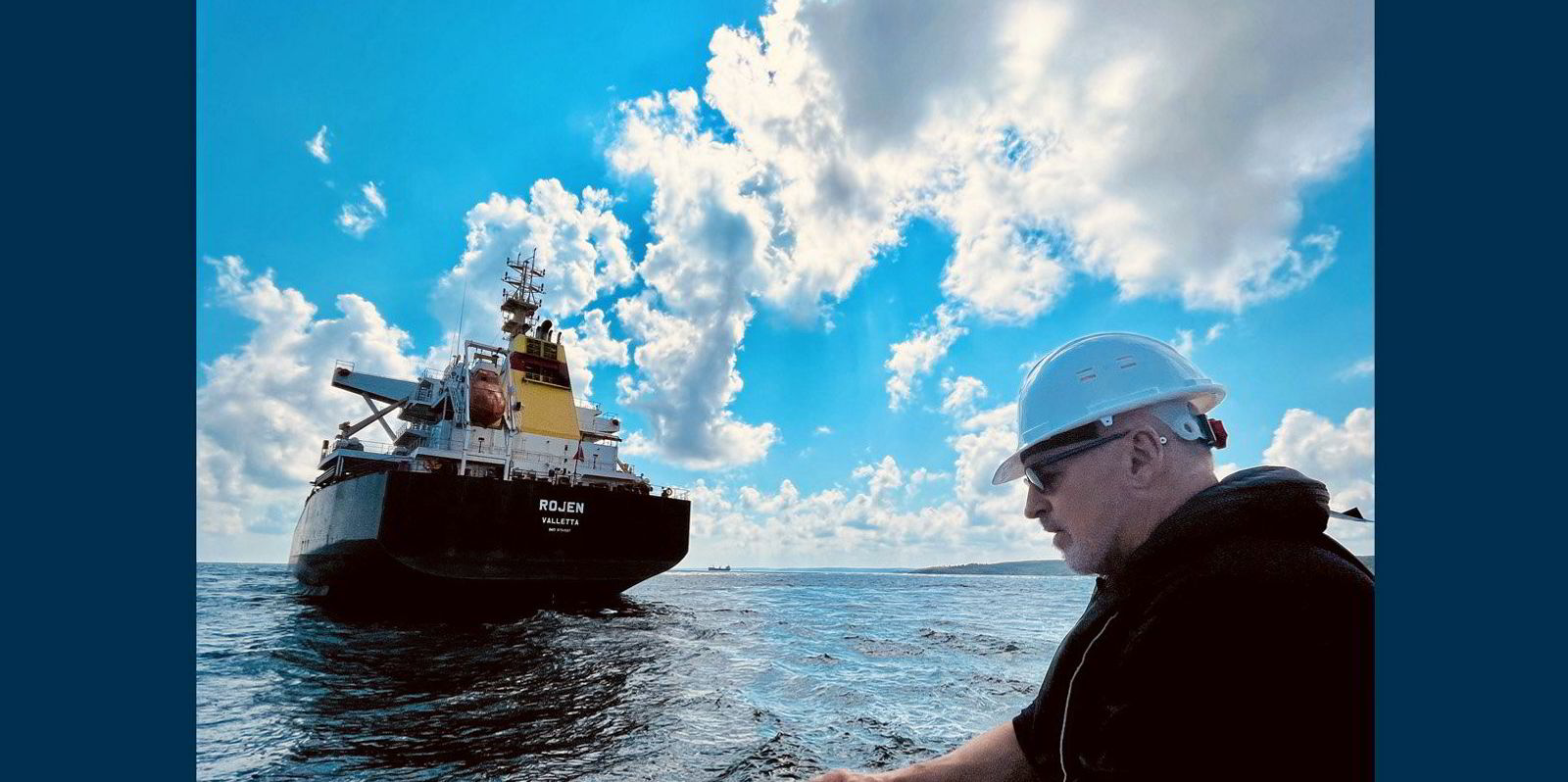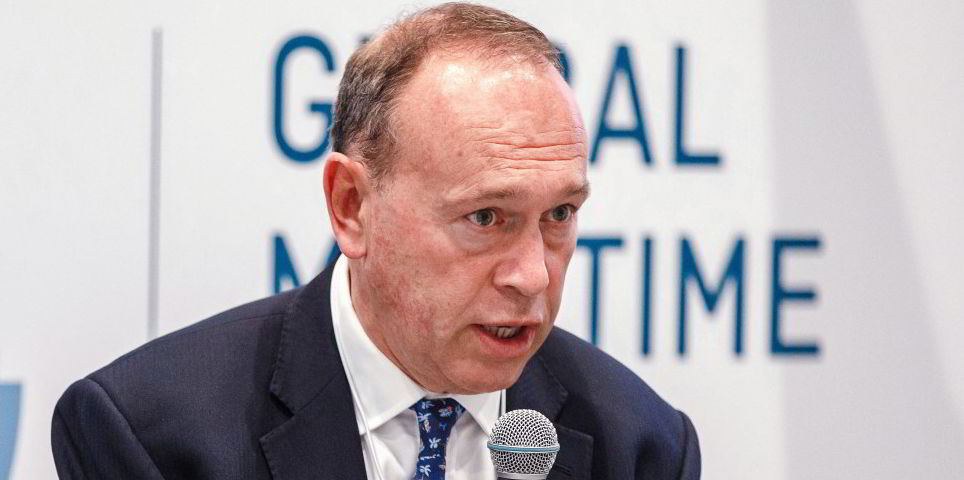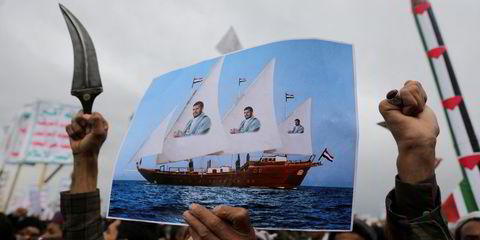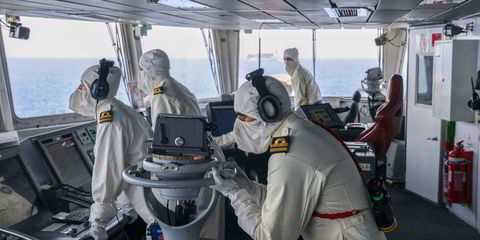The end of insurance cover for ships carrying grain out of Ukraine will be “pretty immediate” after Russia suspended its support for a safe passage programme, according to a senior official at Marsh.
Marcus Baker, the insurance broker’s global head of marine & cargo, said few underwriters would take on the heightened risk in the face of the belligerent rhetoric out of Moscow.
Twelve bulkers carrying grain left Ukrainian ports on Monday despite the stand-off between Kyiv and Moscow over the United Nations-backed initiative.
Russia said it would be risky for Ukraine to keep exporting grain after it suspended participation in the scheme, while Ukrainian President Volodymyr Zelenskyy said the trade would continue from its Black Sea ports.
Baker said the ships that left port on Monday had already arranged cover, but that is unlikely to happen now with the initiative under pressure.
“Going forward, if ships haven’t already arranged cover, then, frankly, I think it will be very difficult for them to be able to that,” he told the BBC.
“I think this is pretty immediate. There will be no underwriters in the market, or very few, who are going to be prepared to take on a risk that has escalated, or certainly perceived to have escalated, because of the rhetoric that’s coming out of Russia.”
Insurer Ascot, which teamed up with Marsh on providing $50m in cargo cover for Black Sea shipments, said it would not quote on new business for the trade until the situation becomes clearer.
Russia has accused Ukraine of taking advantage of the corridor to launch an attack on its war fleet in the annexed city of Sevastopol, Crimea.
On Tuesday, Turkey urged Russia to rethink its decision on Saturday to suspend the Black Sea Grain Initiative (BSGI) that was established in July. Turkish Defence Minister Hulusi Akar said the humanitarian mission should remain separate from the war in Ukraine.
Guy Platten, Secretary General of the International Chamber of Shipping, said it was imperative that ships already in the corridor did not become “collateral damage” and were given safe passage.
“The safety of seafarers must remain a top priority, and all parties must give consideration to the crews who may now be stuck on board or in port due to factors beyond their control,” he said.
After the Russian announcement, the Joint Coordination Centre (JCC) of the BSGI said on Sunday that 10 teams would aim to inspect 40 outbound vessels. It said a movement plan was in place for 12 outbound and four inbound ships on Monday.
It said 97 loaded vessels and 15 inbound vessels are registered for JCC inspection around Istanbul. An additional 89 have applied to join the initiative.

According to the latest UN data, 9.5m tonnes of grain and foodstuffs have been moved from the Ukrainian ports of Odesa, Chornomorsk and Pivdennyi/Yuzhny since the initiative began on 1 August.
Clarksons said Ukraine’s grain exports were running at 85% of pre-conflict levels before the Russian suspension, with shipments of 1.1m tonnes per week from mid-September to late October.
Before the invasion, Ukraine had a 10% share of global seaborne grain exports — 50m tonnes out of a total 528m tonnes moved by sea in 2021.
Russia has long had misgivings about renewing the safe passage scheme that is due to expire on 22 November. It wants the West to lift some economic sanctions to facilitate its own agricultural exports.





